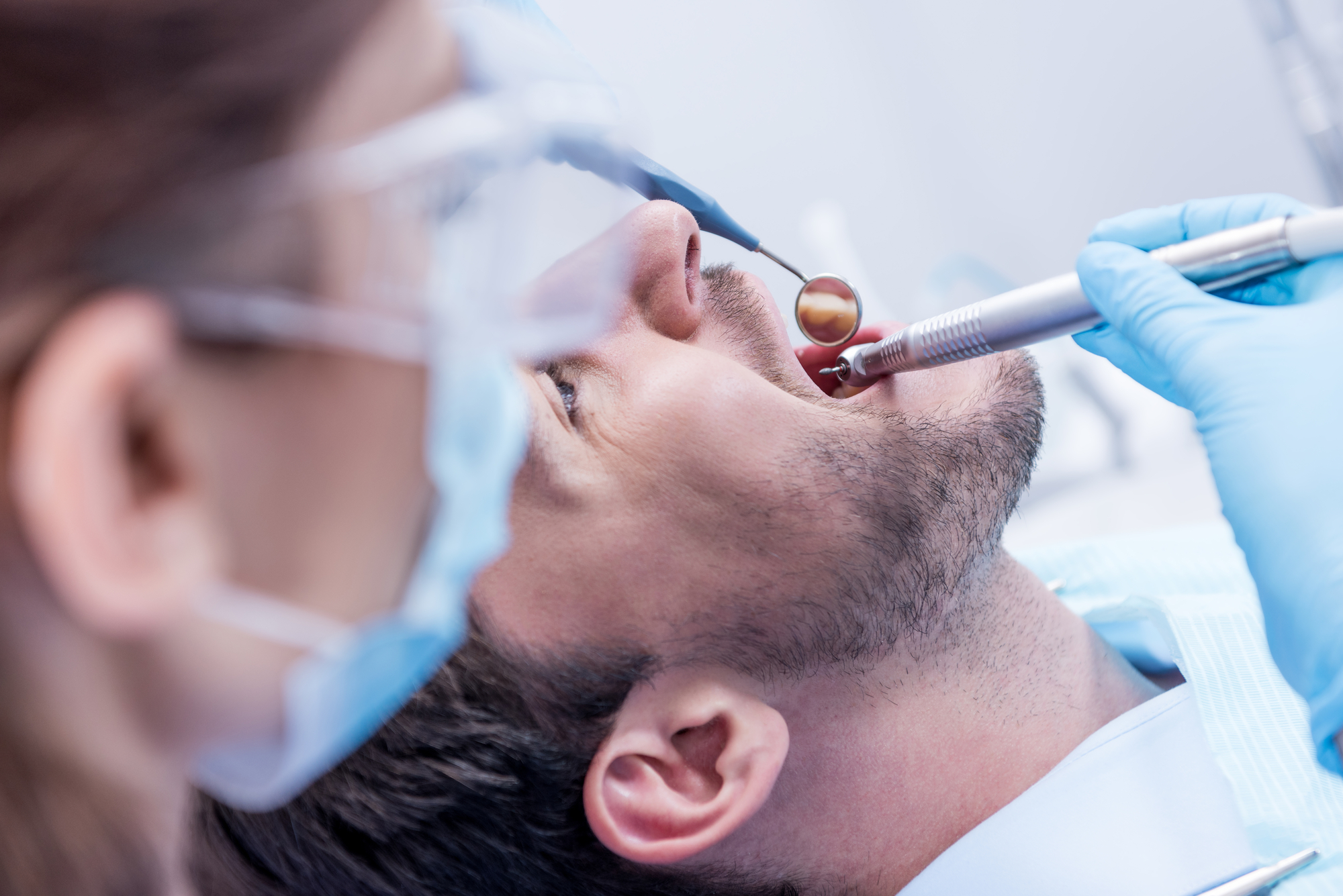
Researchers from the University of Louisville School of Dentistry have recently examined the role that oral microbes play in regulating antiviral responses in the oral cavity. This is timely as we are navigating the global pandemic and natural phenomena that help dentists understand the role of oral care in increasing immunity. They discovered that proteins produced by oral epithelial cells protect humans against viruses entering the body through the mouth, including SARS-CoV-2. On the other hand, oral bacteria called Porphyromonas gingivalis can suppress the activity of these cells, thus increasing vulnerability to infection.
Discussing her interest in the study, Dr Juhi Bagaitkar told Dental Tribune International that understanding immune responses and how they are manipulated by oral microbes has been a shared interest of the Lamont and Bagaitkar laboratories. She added that this common interest had been the foundation of several collaborative research projects undertaken by the laboratories. “Our studies identified certain pathogenic bacterial species, P. gingivalis, which cause periodontal disease, can completely suppress interferon production and severely enhance susceptibility to viral infection,” Dr Bagaitkar said in a journal from the University. “These resident oral plaque bacteria play a key role in regulating anti-viral responses.”
P. gingivalis has been linked to periodontal disease as well as a variety of other diseases such as Alzheimer’s, rheumatoid arthritis, and esophageal cancer. As the mouth can be an entry point for many viral infections such as COVID-19, and human papillomavirus, this study emphasizes the importance of interferon cells in protective against disease caused by oral bacteria. This shows not just food as medicine, but the body itself is medical, hence improved understanding may lead researchers to clinical approaches to increase protection.
“The most interesting aspect of our study is that we found how bacterial residents of the oral biofilm can determine the efficacy of host interferon responses,” Dr Bagaitkar explained and added that the finding is rather innovative and has important implications for understanding what might predispose an individual to a viral infection.

